Women's Forest Congress: Developing Strategies and Solutions for Forests by Women, for Women
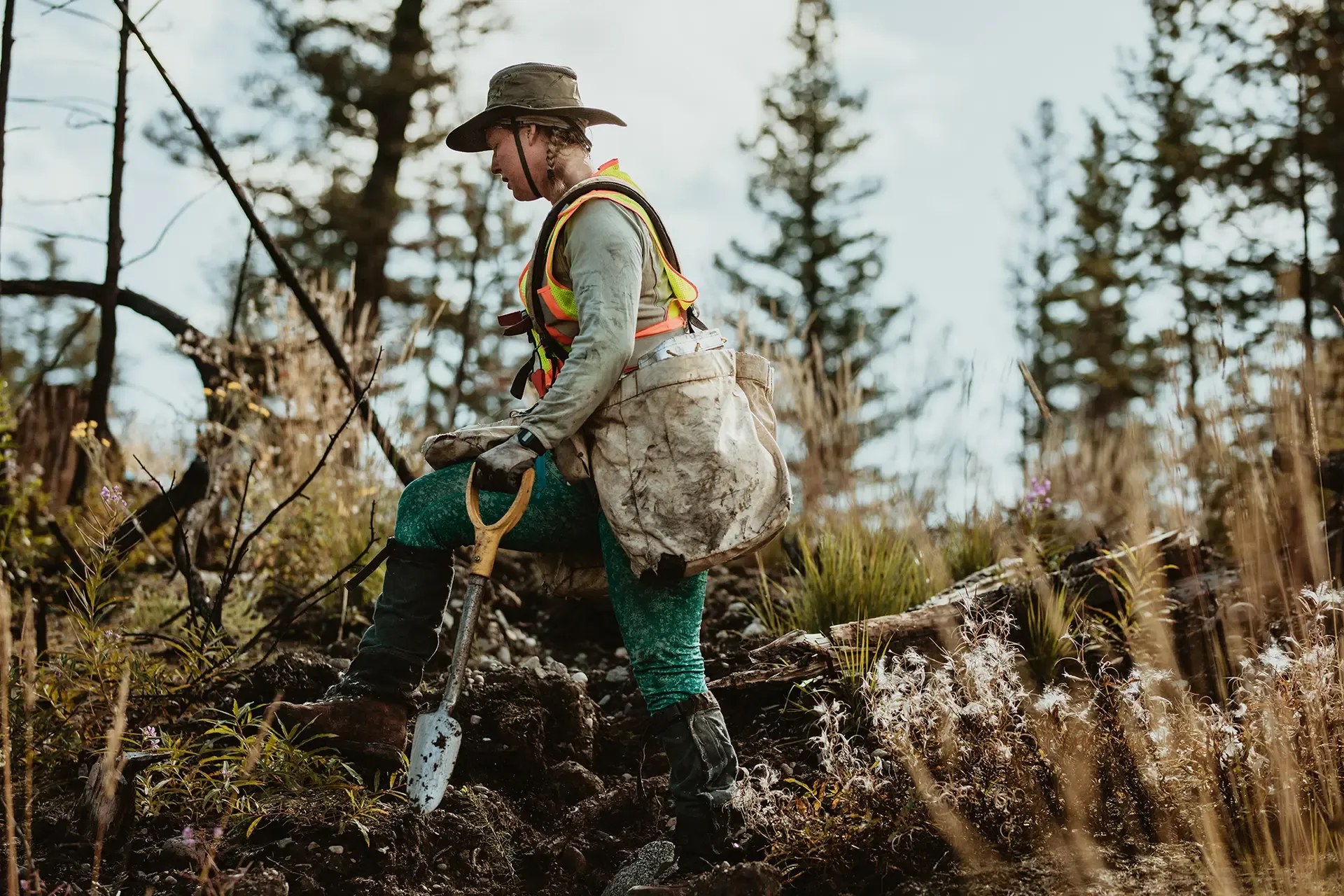
Developing Strategies and Solutions for Forests by Women, for Women
More than 100 years ago, women were fighting wildfires in the Mendocino National Forest in California. And in 1910, Eloise B. Gerry became the first woman scientist hired at the USDA Forest Service’s Forest Products Laboratory. These trailblazing women would probably feel right at home today as members of the Women’s Forest Congress. But they would also be right to ask: "Why does the forest sector still have fewer than 20% participation by women?"
"When it comes to forestry, there is no denying the fact that it is a male-dominated sector. When it comes to forestland ownership, white Americans, again predominately men, are in positions of the greatest influence. The WFC wants to change all that and make sure our forests benefit from the skills women bring," said Ebonie Alexander, Executive Director of the Virginia-based Black Family Land Trust (BFLT) and a member of the WFC Advisory Council. The BFLT is part of the Sustainable Forestry and African American Land Retention (SFLR) network. In 2019, AFF assumed the administrative, fundraising, policy advocacy, and technical support functions of the SFLR program.
The idea for the WFC germinated among women in the forest community who believe this low participation rate is leaving a void in the sector, limiting professional participation by more women, and limiting opportunities to think about forests in new ways. Whether involved through land ownership, industry, conservation, public agency, or other roles, women in the forest sector are consistently and significantly underrepresented. This discrepancy is even more significant for women of color.
Addressing the gender diversity gap creates room for innovative problem-solving to combat the most pressing challenges of the forest sector and the forest to which we are all connected.
"Forestry is a critical sector that produces sustainable products, and it offers solutions to mitigate climate change. But to make the most of what forestry has to offer, we need the sector to welcome the most awesome, talented people. If the forest sector isn’t welcoming, it won’t reach its full potential," said Rita Hite, Executive Vice-President, External Relations and Policy at the American Forest Foundation. Hite was recently named AFF’s next President and CEO, effective January 1, 2022. She is also one of the founders of the WFC and sits on its Steering Committee.
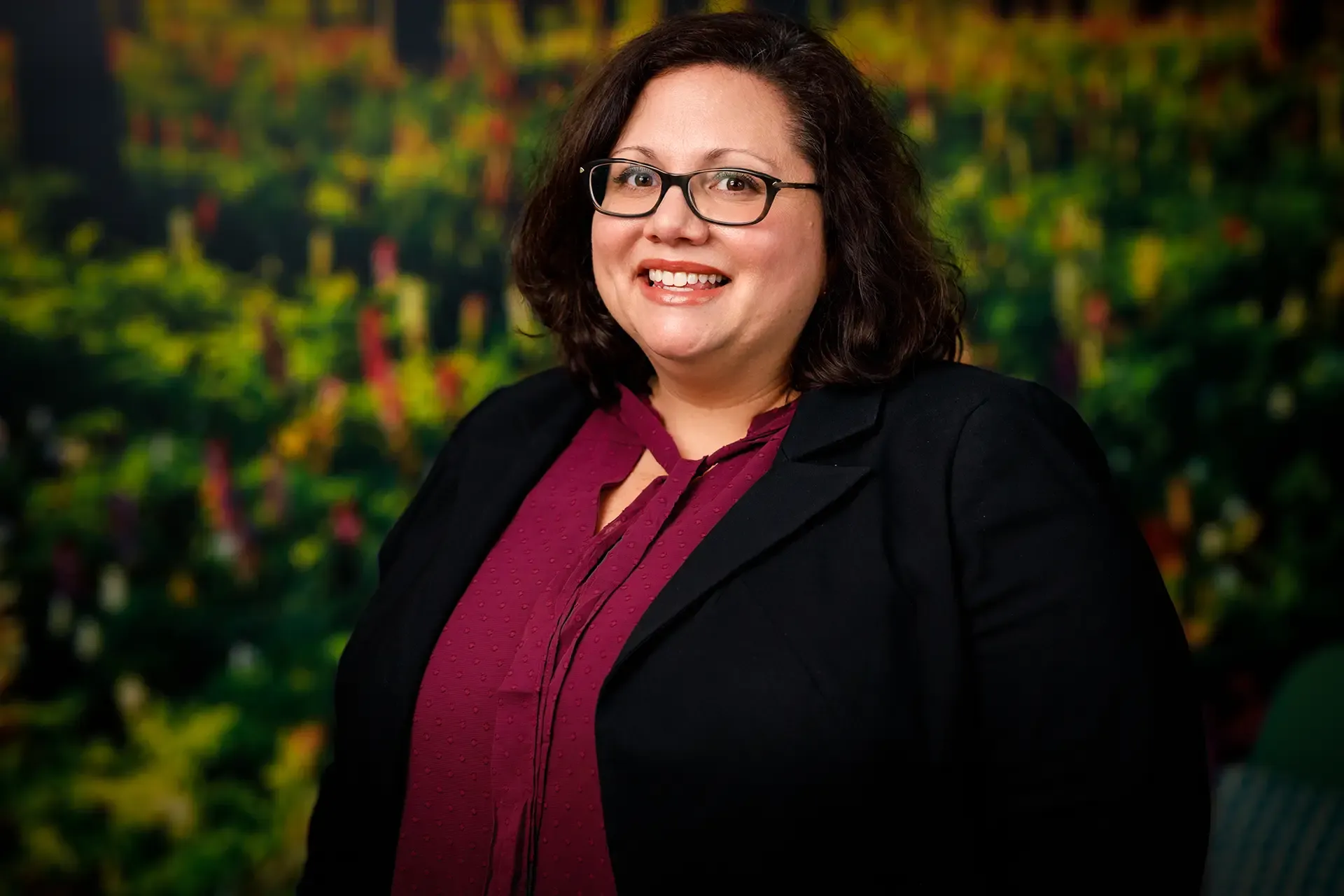
Whether involved through land ownership, industry, conservation public agency, or other roles, women in the forest sector are consistently and significantly underrepresented.
The Congress Movement
The WFC was founded in 2019 to provide a forum to develop strategies and solutions for forests. Hundreds of women have come together in this movement to share personal and professional experiences, connect with others, shape the latest innovations, and consider how actions informed by their perspectives can profoundly impact the future of forests. The WFC is open and inclusive trans, non-binary, and gender non-conforming participants are welcome, as are women of all ages, perspectives, cultural backgrounds, professional levels, abilities and education.
"The work we are doing now is critical. I know that if we work together and hold each other accountable to deliver truly transformational change, the members of the WFC will also be able to say that our work will be felt for generations to come. Women need to see the forest sector as a place where they can have a meaningful impact on conservation challenges and the climate crisis," said Alexander.
Global and domestic forestry congresses have a long and storied history. The first American Forest Congress was held in 1882. Subsequent American Forest Congresses have been held periodically to tackle the issues of the day, including the establishment of the U.S. Forest Service and major legislation like the National Forest Management Act. Additionally, since 1926, the UN Food and Agriculture Organization has hosted the World Forestry Congress every six years, focused largely on knowledge sharing of the latest science and practice of forestry.
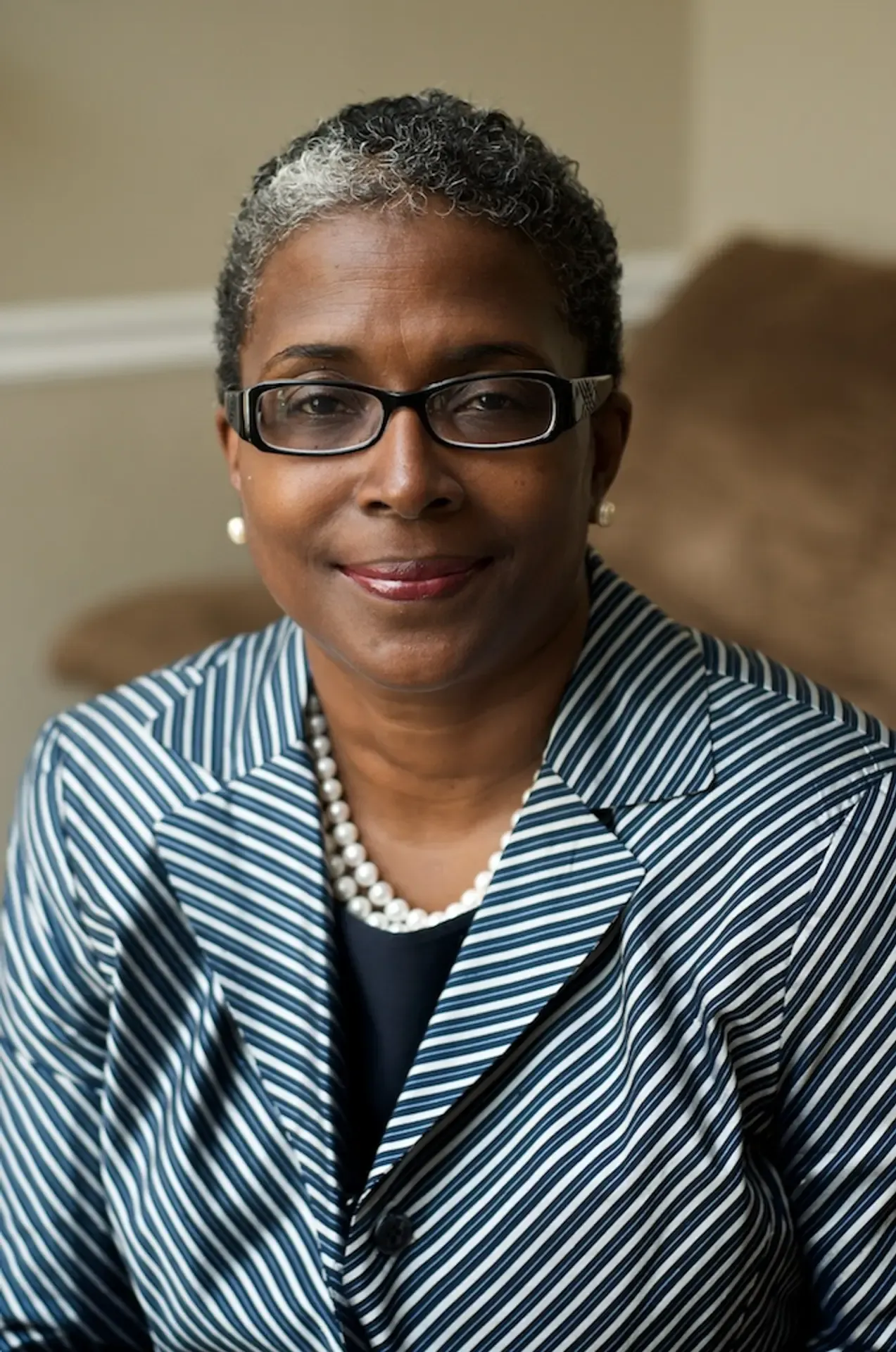
Ebonie Alexander, Executive Director of the Virginia-based Black Family Land Trust (BFLT) and member of the WFC Advisory Council.
Diversity, Equity, & Inclusion Are Guiding Principles
The WFC builds on this rich history of people coming together to bring change through a congress. Still, it takes a different approach – one focused on the importance of diversity, equity, and inclusion (DEI) and bringing the voice of women to shape the future of our forests.
"I want the Women’s Forest Congress to be a force for progress, to build a future where a young Black woman can see herself working as a forester or a wildlife conservationist because she sees other people who look like her in those roles," said Alexander.
Typically, in discussions of women in the forest sector, the voices of women of color are marginalized. The existing disparities between women and men in leadership roles and the forest sector workforce are even worse for women of color.
With equity and activism among the fundamental principles, the Women’s Forest Congress has decided to revisit their collective and individual commitments to racial injustice (see sidebar). Considering the power of silence, the WFC recognizes the importance of words that lead to action.
"It is important to learn the lessons of the past, and I want us to build upon the good work that has been done by many before us. I am also focused on measuring and quantifying change. Things like, how many Black women are in the C-suite and boardrooms? How are women represented?" said Kathryn Fernholz, President of Dovetail Partners Inc., a non-profit environmental think-tank. Fernholz is a WFC founder who also sits on the Steering Committee. "I think it is necessary to acknowledge that too often efforts to support women have mainly advanced the interests of white women, and I want to help this change."
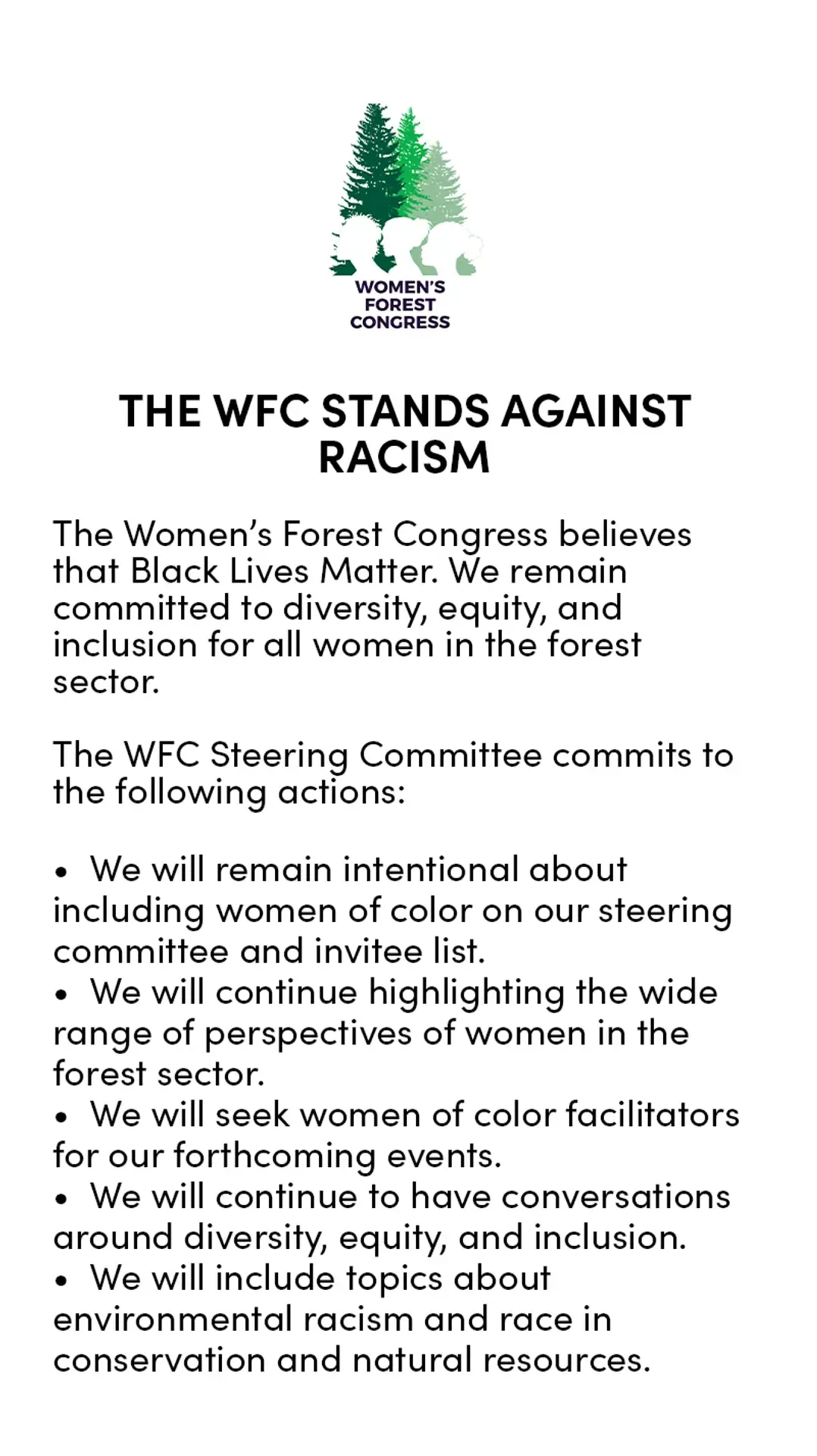
The Structure to Get Things Done
The WFC Steering Committee
The nine-member WFC Steering Committee includes the founders of the WFC. The Steering Committee members provide insight and leadership and lend their collective experience and expertise to ensure the first Women’s Forest Congress is a resounding success. They engage with the Advisory Council on key decisions and facilitate the operations of the Working Groups.
The WFC Advisory Council
The 10-member WFC Advisory Council guides and advises in planning, implementing and delivering impactful outcomes from the Women’s Forest Congress. This group of visionary, practical, and supportive women serve as advocates for the broader effort and ensure representation from a diversity of backgrounds, organizations and views. The Advisory Council brings unique knowledge and skills to augment the Steering Committee, with the goal of building the reach and impact of the Women’s Forest Congress.
The WFC Working Groups
In 2020, four Working Groups were formed: Meeting Design and Logistics, Communications and Marketing, Stakeholder Engagement, and Content Development. These groups include more than 50 individuals from throughout the U.S. and represent interests and experiences from across the forest community – conservation groups, academia, Indigenous and tribal nations, family forest landowners, government agencies, corporations, nature enthusiasts, and more. The Working Groups are currently planning activities of the Women’s Forest Congress for 2021 and 2022.
The Events to Bring Women Together in Common Cause
Despite the pandemic, the WFC has built a strong sense of togetherness and camaraderie. A series of virtual events have been a resounding success.
Hundreds joined the Women’s Forest Congress celebration of International Women’s Day
To mark and recognize International Women’s Day on March 8, 2021, hundreds of participants, including representatives from the private sector, academia, government, conservation organizations, landowners, and many more, came together for a virtual event to inspire, empower, and build relationships as part of a celebration organized by the WFC. The more than 620 registrants came from every U.S. state and Puerto Rico, four Canadian provinces, 26 additional countries, and every continent except Antarctica.
We got together, got outside, and got going
The WFC’s June 8, 2021, virtual networking event included exciting opportunities to network with colleagues and peers throughout the forest community. Inspirational speaker and professional mountain biker Lindsey Richter shared how she uses her passion for the great outdoors and mountain biking to empower women to overcome fears and build confidence.
Save the Date
Join the Women's Forest Congress for a virtual event on December 8, 2021 at 5:00 pm EST. For more information on the event, visit the WFC's website.
Changing the Future of the Forest Sector & Dreaming Big
The Women’s Forest Congress is the intersection of the long-held dreams of so many women for a world where there is equal access to opportunities, and they are treated with equal respect and consideration. The WFC shares the conviction that forests are the answer for the health and future of our planet. And the shared wish for our daughters and granddaughters is that they see the forest sector as a place to pursue their dreams.
Related Articles

October 23, 2025
Forestry Organizations Urge Trump Administration to Support Private Landowners in Trade Practices
The American Forest Foundation (AFF), Forest Landowners Association (FLA), and National Alliance of Forest Owners (NAFO) sent a joint letter today to Secretary of Agriculture Brooke Rollins and Secretary of the Treasury Scott Bessent urging the Trump administration to include private forest landowners, family forestry businesses, and timber product manufacturers in efforts to address unfair trade practices.
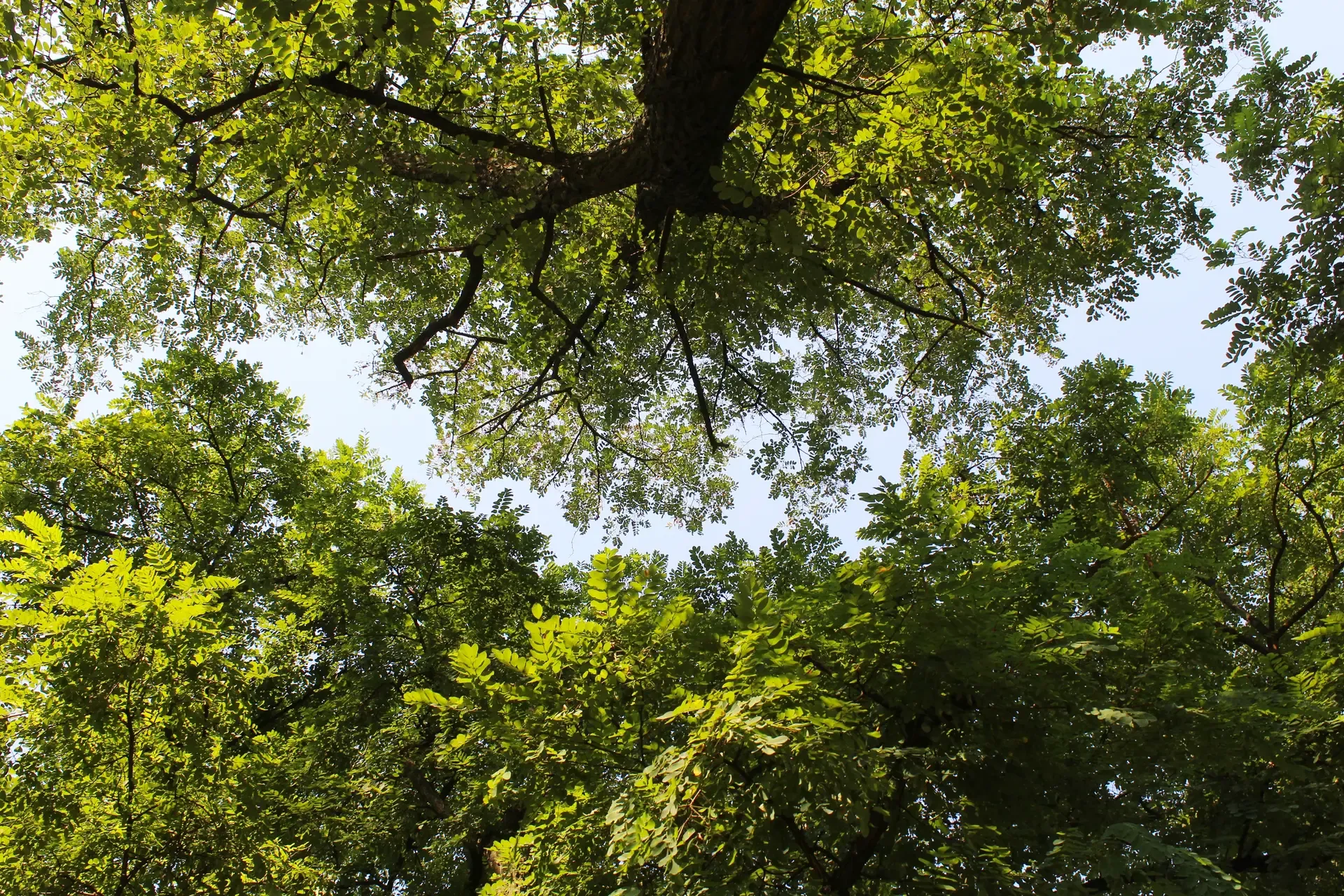
October 21, 2025
Statement: Critical Wildfire Legislation Moves to Senate Floor
“AFF applauds the U.S. Senate Committee on Agriculture, Nutrition, and Forestry for advancing the Fix our Forests Act.

October 8, 2025
Statement: AFF Applauds Confirmation of USDA Officials
AFF congratulates Under Secretaries Boren, Fordyce, and Hoskins on their confirmation to leadership roles at USDA. These agencies provide critical support to private landowners through technical assistance, financial assistance, grants, and other programming to keep their working forests healthy and productive.